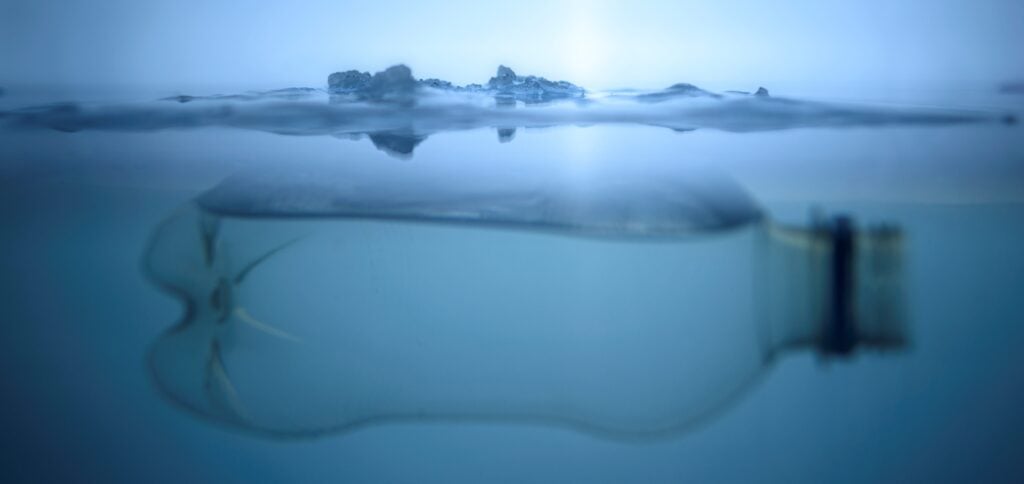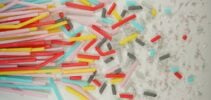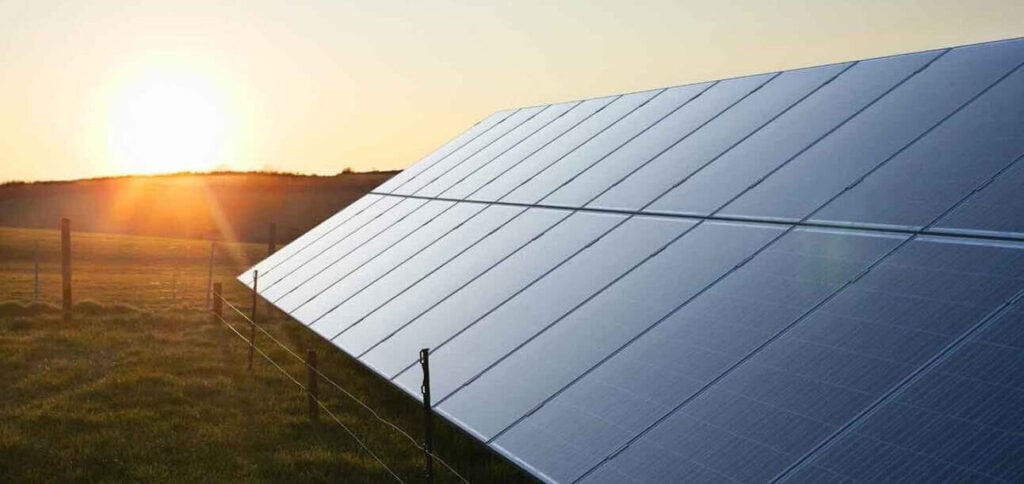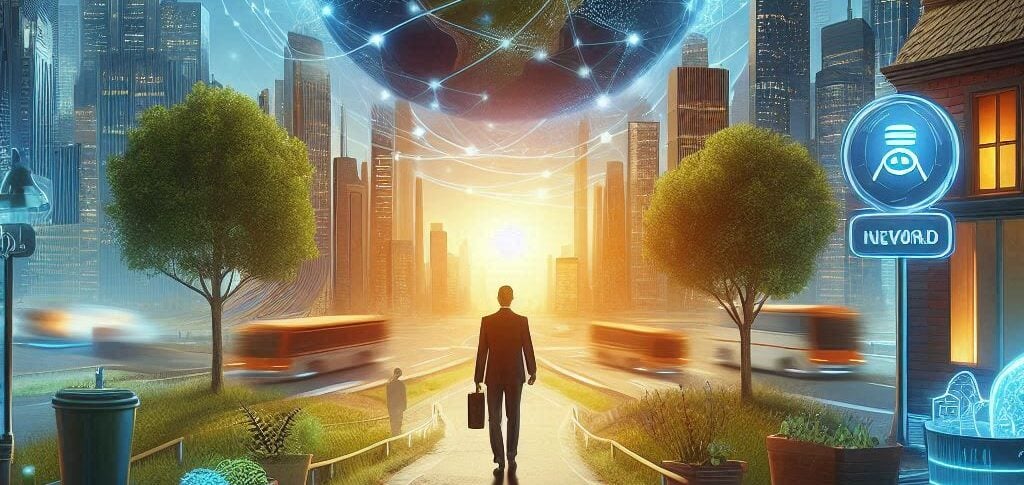Together, we will redesign systems to prevent waste generation.
— UN Environment Program (@UNEP_pt) May 30, 2023
Together, we will push for a global agreement that #FightPlasticPollution.
Together, we will innovate to reduce, reuse and recycle.
Participate in the #World environment day. pic.twitter.com/OHJLMFRfoq
But before reaching the seas, plastic waste without proper disposal travels along land routes through rivers: annually, no less than 2,3 million tons of the material, or 67% of all plastic that can reach the seas, may come from high-risk watersheds. The criticisms are those of the Amazon rivers (around 160 thousand tons/year), São Francisco (230 thousand tons/year) and Guanabara Bay (216 thousand tons/year).
ADVERTISING
A plastic pollution Nor does it respect borders. The Rio de la Plata, which reaches the sea between Argentina and Uruguay, can contribute more than 1 million tons of Brazilian plastic waste per year.
Only in Brazil, second survey of the Blue Keepers, each person produces an average of 16kg of plastic waste that ends up in the seas every year. It is estimated that 3,44 million tons of plastic waste are likely to escape into the natural environment across the country.
Read also
* The text of this article was partially generated by artificial intelligence tools, state-of-the-art language models that assist in the preparation, review, translation and summarization of texts. Text entries were created by the Curto News and responses from AI tools were used to improve the final content.
It is important to highlight that AI tools are just tools, and the final responsibility for the published content lies with the Curto News. By using these tools responsibly and ethically, our objective is to expand communication possibilities and democratize access to quality information. 🤖
ADVERTISING




